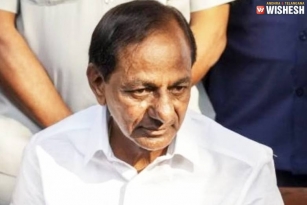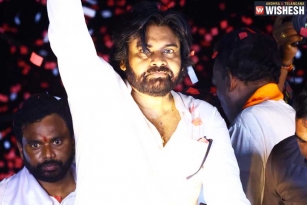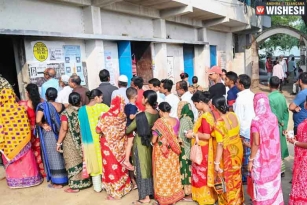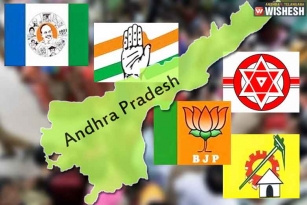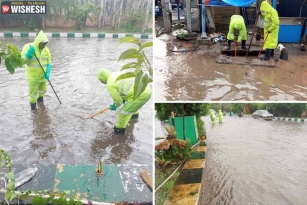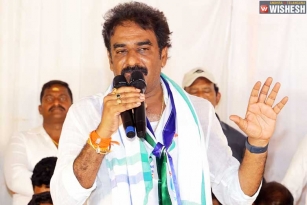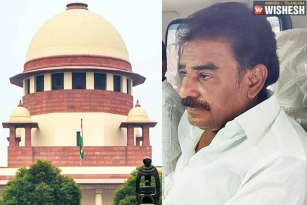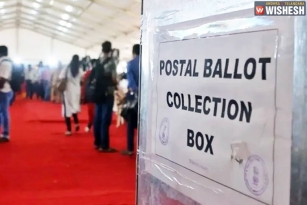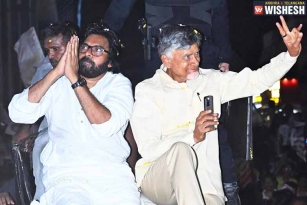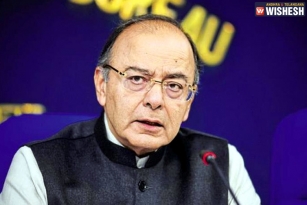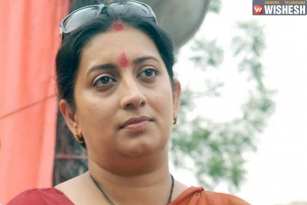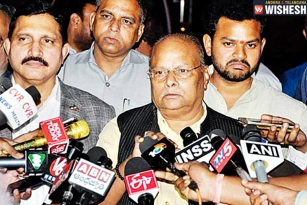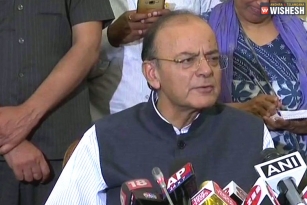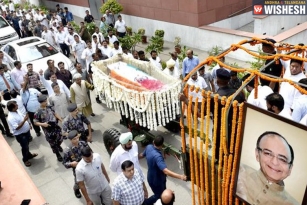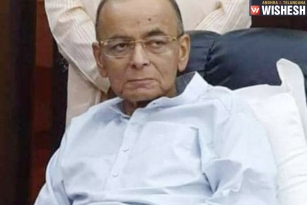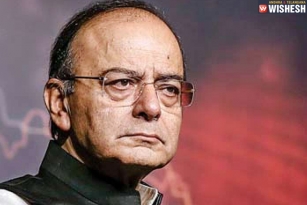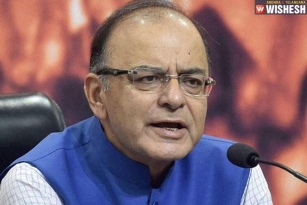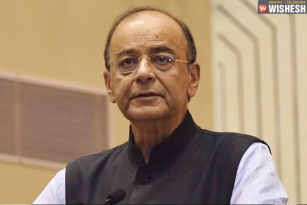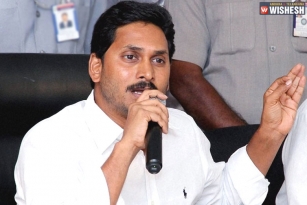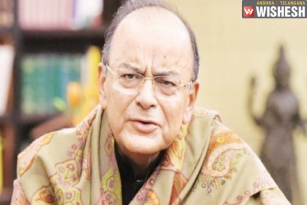Defence Minister Jaitley Pays Tributes To War Heroes On Kargil Vijay Diwas
July 26, 2017 13:04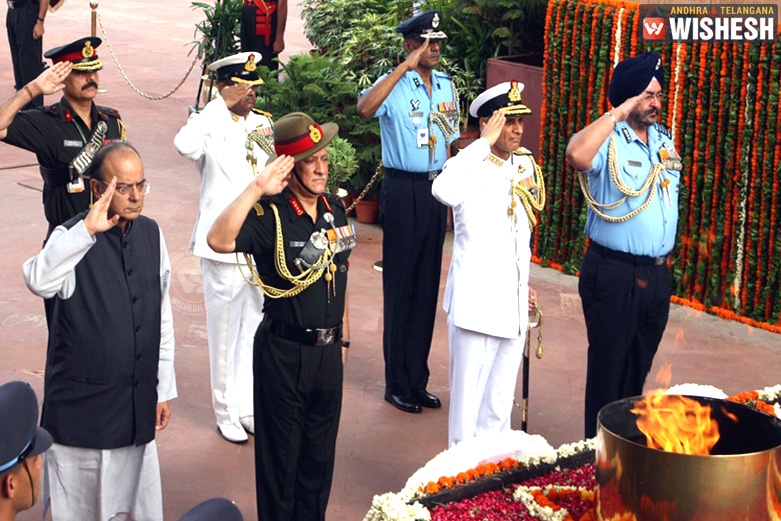
Defence Minister Jaitley Pays Tributes To War Heroes On Kargil Vijay Diwas:- The glowing tributes were paid by Defence Minister Arun Jaitley and the three Service chiefs on Wednesday to armed forces personnel who laid down their lives in the Kargil war.
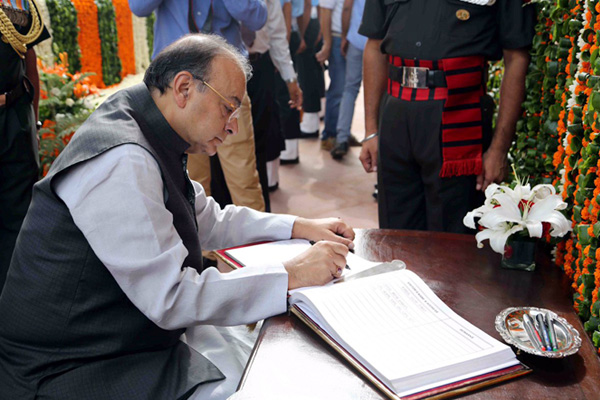
Jaitley accompanied by Army Chief General Bipin Rawat, Chief of the Naval Staff Admiral Sunil Lanba, and Air Chief Marshal Birender Singh Dhanoa, paid homage to Kargil war heroes at the Amar Jawan Jyoti in New Delhi.
Mr. Jaitley tweeted:
“Salute to the valour of our soldiers on #KargilVijayDiwas”
Salute to the valour of our soldiers on #KargilVijayDiwas pic.twitter.com/xibnAqoj3c
— Arun Jaitley (@arunjaitley) July 26, 2017
Here’s all you need to know about “Kargil Vijay Diwas”:
How, When and Where:
- The war took place between May and July of 1999 in Jammu and Kashmir's Kargil district.
- The conflict is believed to have been orchestrated by the then Pakistan army chief General Pervez Musharraf without the knowledge of the then Pakistan Prime Minister Nawaz Sharif.
- It began with the infiltration of both Pakistani troops and terrorists into Indian territory.
- The infiltrators positioned themselves in key locations that gave them a strategic advantage during the start of the conflict.
- Based on information from local shepherds, the Indian Army was able to ascertain the points of incursion and launch “Operation Vijay”.
Vijay Diwas
The Army declared the mission successful on July 26, 1999; since then the day has been celebrated annually as Vijay Diwas.
Casualties
The victory came at a high price. The official death toll on the Indian side was 527, while that on the Pakistani side was between 357 and 453.
The War
- Because the Pakistani soldiers and terrorists had positioned themselves at higher altitudes, it gave them an advantage in combat, as they could fire down at advancing Indian troops.
- Pakistan shot down two Indian fighter jets while another fighter jet crashed during the operation.
- Pakistan asked the US to intervene, but then President Bill Clinton declined to do so until Pakistani troops were withdrawn from the Line of Control.
- As Pakistani troops withdrew, the Indian armed forces attacked the rest of the outposts, managing to get back the last of them by July 26.
After The War:
- Initially Pakistan denied any role in the conflict, saying “India was facing off with Kashmiri freedom fighters.” However, it later awarded its soldiers medals for the conflict, removing any doubt of its involvement.
- India increased its defence spending in the budget presented the year after the Kargil war, but it also resulted in procurement irregularities, like the one in the purchase of coffins for the soldiers who died in combat.
Gallantry Awards
- Grenadier Yogendra Singh Yadav, 18 Grenadiers, Param Vir Chakra
- Lieutenant Manoj Kumar Pandey, 1/11 Gorkha Rifles, Param Vir Chakra, Posthumous
- Captain Vikram Batra, 13 JAK Rifles, Param Vir Chakra, Posthumous
- Rifleman Sanjay Kumar, 13 JAK Rifles, Param Vir Chakra
- Captain Anuj Nayyar, 17 JAT Regiment, Maha Vir Chakra, Posthumous
- Major Rajesh Singh Adhikari, 18 Grenadiers, Maha Vir Chakra, Posthumous
- Captain Haneef-u-ddin, 11 Rajputana Rifles, Vir Chakra, posthumous
SUPRAJA



